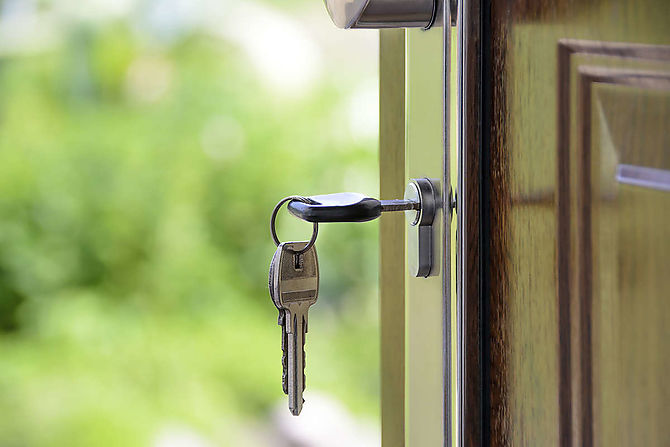A few years ago,was thought that the annual rent was the solution for who did not have the opportunity to obtain a loan to buy their house. Ten years of real estate and financial crisis after, things have changed.
First of all, getting credit is not so easy and if you want to buy, you will have to contribute approximately thirty percent of the purchase price. Even if your employment situation is stable, the bank will generally not lend you more than eighty percent of the purchase. You must add the notarial fees and taxes that are your responsibility, between eleven and twelve percent. Not everyone has several thousand euros available to finance a purchase.
Another element to take into account is the change in the lifestyle of the new generations for whom mobility has become a very contemplated option. Nowadays it is rare to see someone born, live and die in one place. However, paying ten percent of taxes when buying a home implies a long-term project and the certainty of having time to cancel that investment.
Therefore, it´s natural that the demand for annual rental housing has increased considerably in recent years. It´s a flexible and easy way to stay. A change in the family, the arrival of a child, for example, we canceled the lease and rented another larger property. A professional promotion that involves moving to another part of the country, a month of notice and ready for the move. In addition, the rent allows a good financial planning.The main maintenance costs are borne by the owner and the rent can not change beyond the CPI until the end of the contract.
However, many people think that rent payments are money lost while paying a mortgage is an investment. This point of view must be nuanced: in each monthly mortgage payment there is certainly an amortization of the debt, but there is also an interest that represents the income of the money and that will not recover either.
In fact, the main problem we face today, at least on the Costa Brava, is the cruel lack of housing offer for annual rental. The causes are many, but two main ones can be identified:
1. The Costa Brava is a region whose economy depends to a large extent on the tourism sector. The summer months see the arrival of hundreds of thousands of tourists who come to enjoy the sun and the beach. These visitors are willing to pay large rents and the lucky owners of available real estate can obtain in two months and without risk of default, the income they would generate when renting the year.
2. The legislation is not designed to encourage investment in this sector. The tenant is overprotected and the owner has few resources. The expulsion of a bad payer is long, difficult, involves the hiring of a lawyer and therefore of expenses.
It may be convenient to look at other regions that have been developing this sector for a long time, and take a look at what works. For example, Germany or Switzerland have more than fifty percent of rented homes, compared to less than twenty percent in Spain. In these countries, investors buy or build entire buildings to obtain rent profitability. The rights and obligations of each party are balanced and the system works. Affordable rents imply a sufficient supply of housing, but this will only be achieved if the government takes the necessary measures to attract private capital. This means a better protection of the owner's rights, a quick and cheap eviction procedure if the tenant does not pay, and a sufficient level of rents so that the construction of houses is a profitable business.

